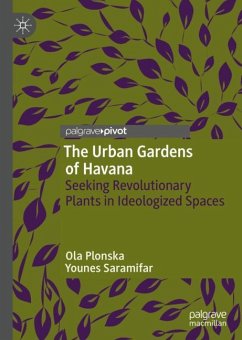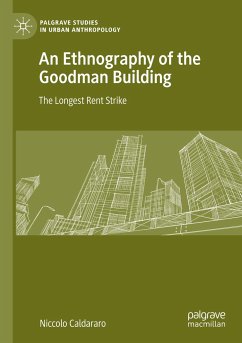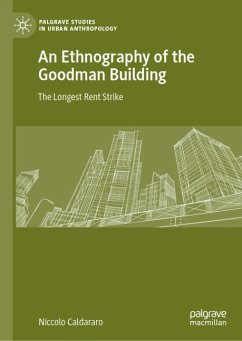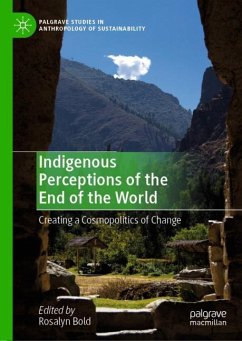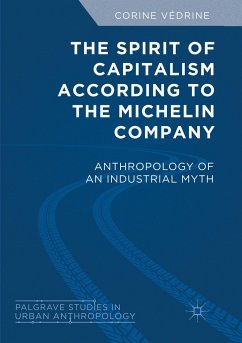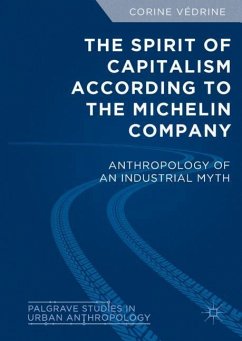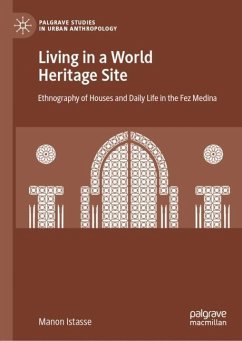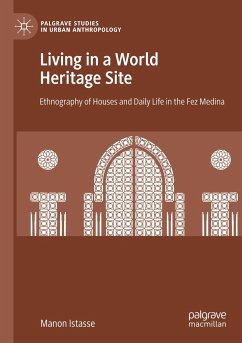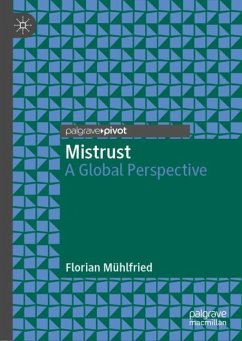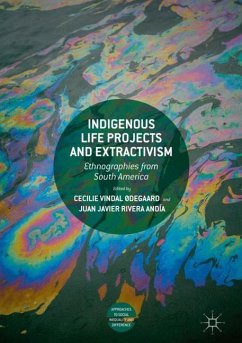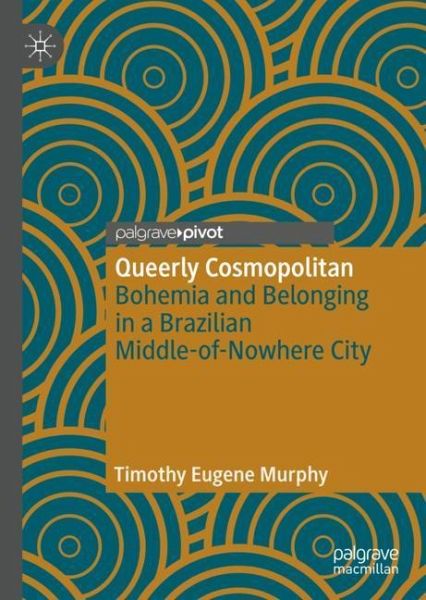
Queerly Cosmopolitan
Bohemia and Belonging in a Brazilian Middle-of-Nowhere City

PAYBACK Punkte
23 °P sammeln!
An ethnography of urban citizenship, global belonging, and queerness in a rapidly growing provincial city in the Global South, Queerly Cosmopolitan explores how people develop a sense of belonging in a city understood by many to be "unimportant" and "in the middle of nowhere." In his exploration of the city of Teresina and its inhabitants' attempts to establish a sense of belonging and self-worth, Timothy Eugene Murphy creatively employs queer theory to investigate a community of bohemians. As he follows the participants through different realms of life-nocturnal bohemia, work, family, and int...
An ethnography of urban citizenship, global belonging, and queerness in a rapidly growing provincial city in the Global South, Queerly Cosmopolitan explores how people develop a sense of belonging in a city understood by many to be "unimportant" and "in the middle of nowhere." In his exploration of the city of Teresina and its inhabitants' attempts to establish a sense of belonging and self-worth, Timothy Eugene Murphy creatively employs queer theory to investigate a community of bohemians. As he follows the participants through different realms of life-nocturnal bohemia, work, family, and intimate friendships-Murphy demonstrates how widely circulating cultural forms, from music to sexuality, offer upwardly mobile communities ways to fashion cosmopolitan lives in even the most peripheral locations.



